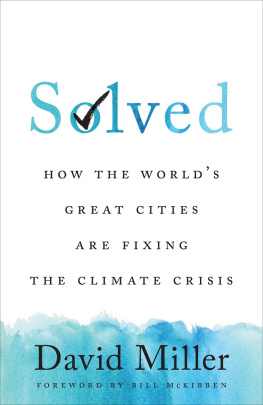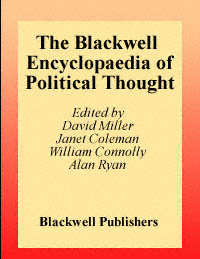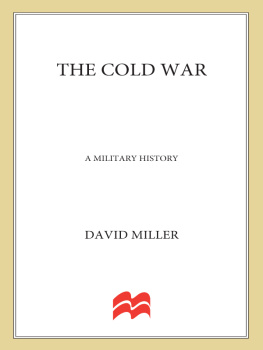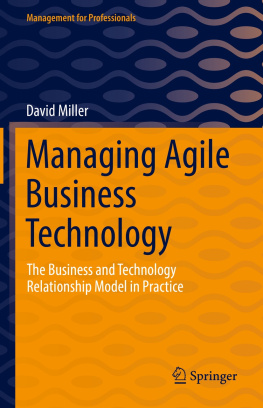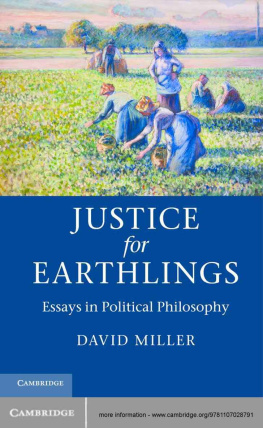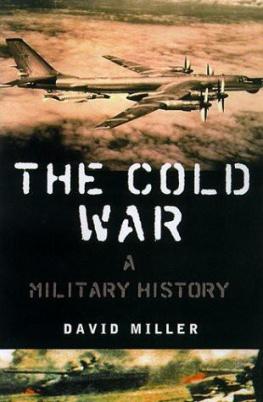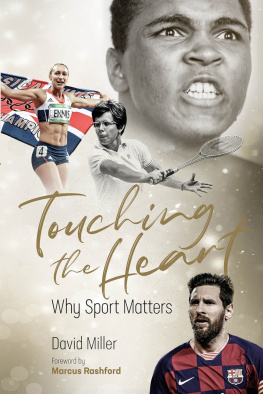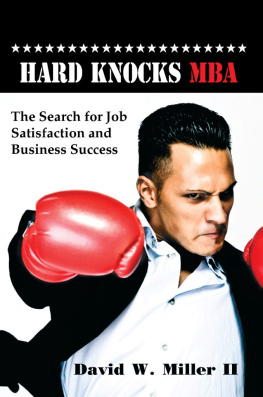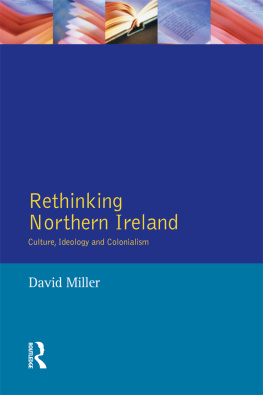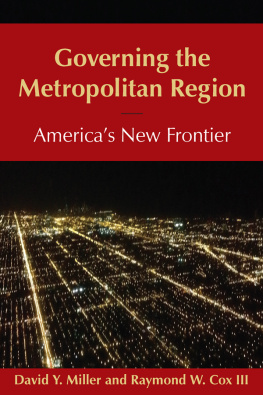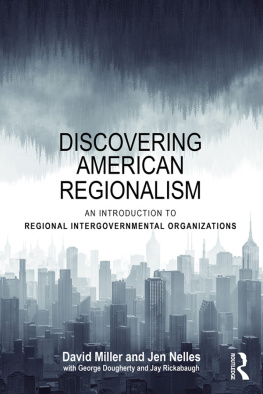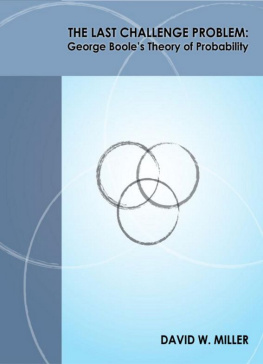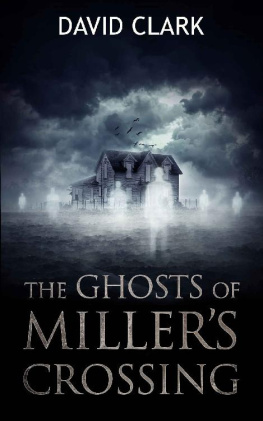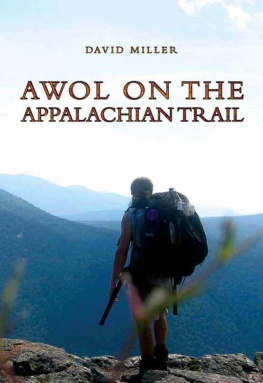David Miller - Solved
Here you can read online David Miller - Solved full text of the book (entire story) in english for free. Download pdf and epub, get meaning, cover and reviews about this ebook. publisher: University of Toronto Press, genre: Politics. Description of the work, (preface) as well as reviews are available. Best literature library LitArk.com created for fans of good reading and offers a wide selection of genres:
Romance novel
Science fiction
Adventure
Detective
Science
History
Home and family
Prose
Art
Politics
Computer
Non-fiction
Religion
Business
Children
Humor
Choose a favorite category and find really read worthwhile books. Enjoy immersion in the world of imagination, feel the emotions of the characters or learn something new for yourself, make an fascinating discovery.
- Book:Solved
- Author:
- Publisher:University of Toronto Press
- Genre:
- Rating:3 / 5
- Favourites:Add to favourites
- Your mark:
- 60
- 1
- 2
- 3
- 4
- 5
Solved: summary, description and annotation
We offer to read an annotation, description, summary or preface (depends on what the author of the book "Solved" wrote himself). If you haven't found the necessary information about the book — write in the comments, we will try to find it.
Solved — read online for free the complete book (whole text) full work
Below is the text of the book, divided by pages. System saving the place of the last page read, allows you to conveniently read the book "Solved" online for free, without having to search again every time where you left off. Put a bookmark, and you can go to the page where you finished reading at any time.
Font size:
Interval:
Bookmark:

Solved

Aevo UTP
An imprint of University of Toronto Press
Toronto Buffalo London
utorontopress.com
University of Toronto Press 2020
All rights reserved. No part of this publication may be reproduced, stored in or introduced into a retrieval system, or transmitted in any form or by any means (electronic, mechanical, photocopying, recording, or otherwise) without the prior written permission of both the copyright owner and the above publisher of this book.
Library and Archives Canada Cataloguing in Publication
Title: Solved : how the worlds great cities are fixing the climate crisis / David Miller.
Names: Miller, David, 1958, author.
Description: Includes bibliographical references and index.
Identifiers: Canadiana (print) 20200285424 | Canadiana (ebook) 20200285491 | ISBN 9781487506827 (cloth) | ISBN 9781487534905 (PDF) | ISBN 9781487534912 (EPUB)
Subjects: LCSH: Urban ecology (Sociology) Case studies. | LCSH: City planning Climatic factors Case studies. | LCSH: Sustainable urban development Case studies. | LCSH: Climate change mitigation Case studies. | LCSH: Urban policy Case studies.
Classification: LCC HT241 .M55 2020 | DDC 307.76 dc23
ISBN 978-1-4875-0682-7 (cloth) ISBN 978-1-4875-3491-2 (EPUB)
ISBN 978-1-4875-3490-5 (PDF)
Printed in Canada
The Mrs. Joan H. Miller Scholarship Fund is the recipient of royalties from Solved. Its scholarships are awarded annually to single mothers and others returning to post-secondary education. All money raised goes directly to the award of scholarships, and through a matching program the fund has generated more than $250,000 to date. For details, see https://torontofoundation.ca/listings/mrs_joan_h_miller_scholarship_fund.
Every effort has been made to contact copyright holders; in the event of an error or omission, please notify the publisher.
We acknowledge the financial support of the Government of Canada, the Canada Council for the Arts, and the Ontario Arts Council, an agency of the Government of Ontario, for our publishing activities.

I first began really thinking about cities and climate change back in the 1990s, when I spent some months in Curitiba, Brazil. This provincial city should be on every travelers list, and not just because its on the way to Iguazu Falls. It shows what happens when city leaders truly set their minds to making change. Mayor Jaime Lerner pioneered many developments, from vast parkland expansion for flood control to a huge system of municipal bike paths to crucially the first instances of what we now call bus rapid transit. And in the process he created a city where people really enjoyed living: when he left office because of term limits, his popularity topped 90 per cent.
Making change in national capitols is crucial but its also slow, and hard. The lobbying power of incumbent industries, especially those involved in fossil fuels, is often strongest in federal congresses and parliaments, and so when change comes it often comes too slowly. Also, many national legislatures give extra power to shrinking rural areas, meaning that these regions can veto change. Cities, by contrast, are nimbler and often inhabited by more progressive, younger, and more gregarious citizens. And the people who run them are much closer to the issues that matter. So its been truly encouraging to watch the C40 Cities emerge as a key part of the effort to bend the carbon curve and change the outcome of the climate drama.
As this fine volume makes clear, the opportunities are enormous (and never more so than now, when the COVID-19 crisis has opened our minds to the possibility of inhabiting our great urban areas in new ways). We see, just in the last few years, cities such as London and Paris moving decisively to shift their transit mix toward buses and muscles; we see cities such as New York standing up to landlords by forcing them to retrofit existing buildings for energy efficiency. (The landlords will end up thanking them, as energy costs drop sharply.) We see cities outlawing gas connections for new constructions and making deals with utilities to provide renewable power. And, happily, we see cities figuring out how to put pressure on the larger systems of our society: the widespread move to divest civic pensions from the fossil fuel industry, and now to pressure banks that do business with municipalities to stop lending to businesses that operate within this industry, will play a large role in reordering power at the national and global levels.
All of this will not only help to ward off sea-level rise and forestall more giant storms it will make for better, cooler, cleaner, happier, more resilient cities. And ones that are more fun too!
Bill McKibben
Senior advisor, 350.org
June 2020
People know something is seriously wrong. At the end of 2019, unprecedented and out-of-control wildfires burned outside Los Angeles. Blazes were ravaging the Amazon. Australian wildfires, born from drought and searing temperatures above 40C (over 110F), raged. The world watched as thousands of people fled their homes, millions of acres of eucalyptus forest were destroyed, and hundreds of thousands of animals lost their habitat. Koala bears were given bottled water from passing humans, their only chance of survival. An estimated one billion more animals were not so lucky.
At the same time, in another part of the world, there were unprecedented floods in Jakarta. Scores dead and tens of thousands of people were displaced. Its the second such disaster in a few years, in a capital city that is sinking literally. It is so serious that the president of Indonesia has announced that the capital must be moved. As of December 31, 2019, Jakarta, the heart of a region of 30 million people, had a population estimated at 10.8 million.
And then there is Houston, Texas, the world capital of the oil industry. On Friday, August 25, 2017, Hurricane Harvey, a storm of extraordinary intensity, made landfall. Over the ensuing four days, a years worth of rain fell on Houston as much as fifty inches. The flooding was massive and unprecedented. Estimates were a trillion gallons of rainfall, which seems impossible to picture because it is so much. In a major rainfall event of this size, the land cannot absorb the water it is like a sponge that is full. Nor can the human systems. They are built for normal, predictable events that happen every fifty or one hundred years. This was a once-in-five-hundred-years storm.
People know about the wildfires and about Hurricane Harvey. What they might not know is that the extreme drought and hot weather in Australia that create the conditions for out-of-control wildfires are now happening every year. They also might not know that in 2015, 2016, 2018, and 2019 Houston also had severe flooding events, two more of which were at the threshold of a once-in-five-hundred-years storm. What was once rare has become normal.
As of mid-2020, the world is in the midst of a global pandemic, COVID-19. While the science is still developing, it seems clear that the impact of COVID-19 has been far more serious in places with significant air-quality issues typically caused by pollutants and processes similar to those that are causing climate change. In addition, there is evidence that environmental destruction which worsens climate changecontributes to the increased risk of global health challenges, such as Ebola, MERS, and now COVID-19. At the same time, extreme weather events have not disappeared: in May, for example, extreme rainfall in Michigan caused a dam to burst and the massive flooding of Midland, a town of more than forty thousand people. The precipitating event was a once-in-five-hundred-years storm the second within the last five years.
Next pageFont size:
Interval:
Bookmark:
Similar books «Solved»
Look at similar books to Solved. We have selected literature similar in name and meaning in the hope of providing readers with more options to find new, interesting, not yet read works.
Discussion, reviews of the book Solved and just readers' own opinions. Leave your comments, write what you think about the work, its meaning or the main characters. Specify what exactly you liked and what you didn't like, and why you think so.

